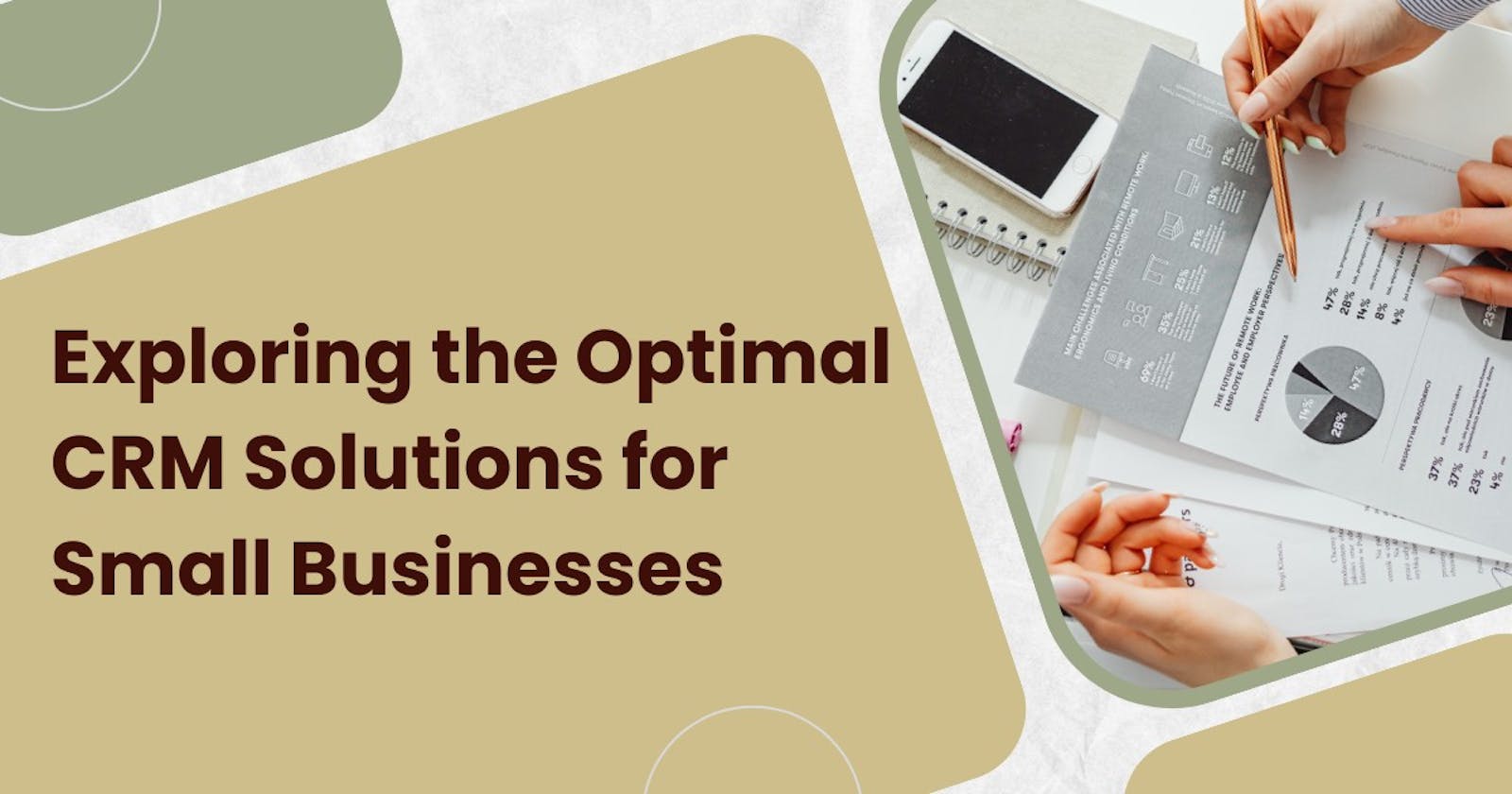What is CRM?
CRM stands for Customer Relationship Management. It aims to improve customer relationships, enhance customer satisfaction, and drive customer retention and loyalty.
Mainly it refers to a set of strategies, technologies, and practices that businesses use to manage and analyze customer interactions and data throughout the customer lifecycle.
For Example:
Small Business with One Person
Sarah runs a small business. She interacts with each customer, meticulously noting down their preferences, past purchases, and special occasions they've mentioned and she manages all transactions, keeps track of her vendors, and runs a tight ship, maintaining a one-on-one relationship with her sole customer base.
Business Expansion with Increased Customers, Employees, and Vendors
Sarah's business and customer has expanded significantly. While Sarah's personal touch remains crucial, it's no longer feasible to remember every detail for each customer or manage all transactions manually.
Sarah invests in Customer Relationship Management (CRM) software. This software helps her organize customer information, track purchases, and manage vendor relationships efficiently.
Basic use cases of CRM
Organizations can efficiently record and manage customer inquiries in a centralized system.
Benefits: This enables a systematic approach to handling customer queries, ensuring that no inquiry is overlooked or neglected.
A comprehensive record of follow-up interactions with customers is maintained by CRM systems.
Benefits: This helps in assessing the effectiveness of follow-up efforts, ensuring that customers receive the necessary information and support.
The tracking functionality in CRM software enables organizations to monitor and identify which staff members have interacted with specific customers.
Benefits: This facilitates accountability and allows organizations to identify and acknowledge effective customer interactions.
Analytical tools integrated into CRM systems allow businesses to assess and improve conversion rates.
Benefits: Organizations can assess the success of their sales processes, identify bottlenecks, and make informed decisions to improve conversion rates.
Integration with online advertising platforms enables CRM software to track ad views and customer responses.
Benefits: Businesses gain insights into the effectiveness of their online advertising efforts, enabling them to optimize campaigns and allocate resources more efficiently.
CRM tools help monitor and analyze sales data.
Benefits: Organizations can identify trends, understand customer preferences, and adjust sales strategies accordingly to increase overall sales.
Retaining customer data, including post-sales interactions, for the long term is a key feature of CRM software.
Benefits: Organizations can leverage historical data to understand customer behavior over time, personalize future interactions, and maintain a comprehensive customer profile.
At Makeinfo, we help small businesses with setting up CRM, business automation workflows, or software-related inquiries.
After researching the needs of small to medium-sized businesses, we discovered that they prefer a streamlined contact management solution instead of a comprehensive CRM system. That's why we developed Workconnect360 Client, which offers a dedicated contact section with customizable attributes, as well as sections for prospects, leads, and more.



